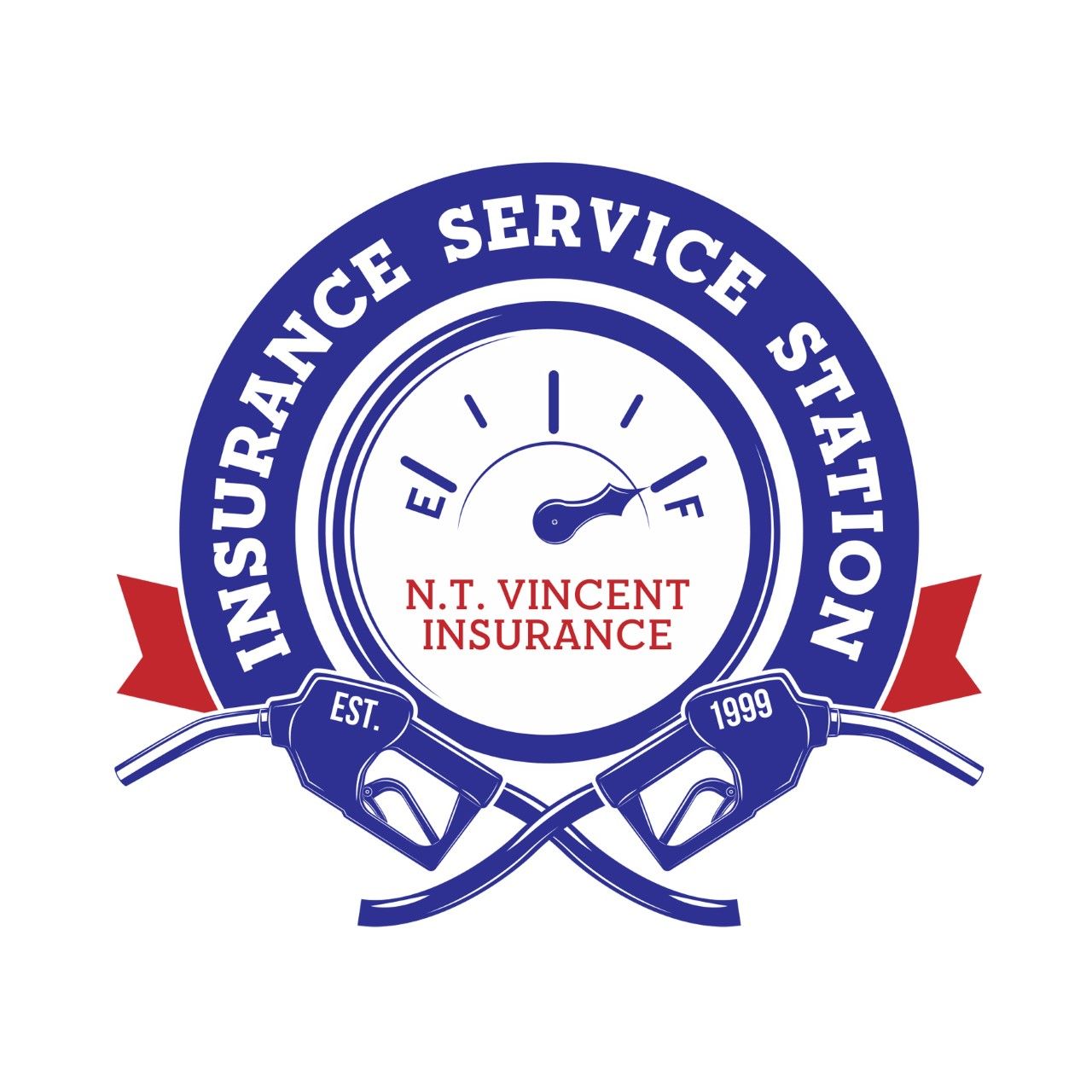Affordable Auto Insurance
Most states require you to carry some kind of auto insurance (or post a bond) when you operate a motor vehicle. You're also required to provide proof of insurance coverages before you can license your vehicle or renew your driver's license. Although coverage is mandatory, the amount, and kinds of insurance coverage can vary.
Often, the required minimum coverage may not be enough to adequately compensate your assets or your earnings. We can help you understand your own state requirements and work with you decide what Automobile coverages you need. Here is a list of auto insurance topics you'll want to know about:
Fault or No-Fault
This depends on the law in your state.
Collision
Pays damages to your own vehicle.
Comprehensive
Pays for losses from fire, theft, storm, etc.
Deductible
The amount of a covered loss you agree to pay.
Bodily Injury
Pays for injury to others when you are at fault.
Property Damage
Pays for property damage when you are at fault.
Medical Payments
Pays for your own or your passenger's medical expenses.
Personal Injury Protection
In no-fault states, this covers a broad assortment of medical expenses.
Uninsured/Underinsured Motorist
Pays for coverage to you if other driver is not insured or is underinsured.
Mechanical Breakdown Insurance
Pays for repairs, car rentals and more when breakdowns occur.
Fault or No-Fault
If you live in a no-fault state, your own insurance company pays for any loss or injuries to you, no matter who causes the accident. In at-fault states, the person at fault in the accident or their insurance company pays.
With no-fault, most claims can be settled quickly, without litigation over who's at fault. However, No-Fault can limit your right to sue to recover damages. Individual states set the coverage and place limits on your rights to sue.
With a fault system, your right to sue is not restricted (nor is the other party's right to sue you). But, court cases assigning blame can take years to settle. Also, the costs of trying your case can be substantial.
Collision
Collision coverage pays when your own vehicle is damaged in an accident. Generally, the coverage reimburses you the amount to repair or replace your damaged vehicle, minus the agreed-on deductible. It is usually the most expensive coverage in your auto policy.
Comprehensive
Comprehensive pays for damages to your car caused by an incident other than a collision with another car or object. You're covered for fire, theft, riots, collisions with animals, storms, falling objects, earthquakes, floods and other natural occurrences. Often, comprehensive insurance includes a daily rental provision that pays a certain amount toward a rental car in conjunction with a theft claim. Like collision, comprehensive coverage generally includes a deductible.
Deductible
Deductible The deductible is the amount of the loss you agree to pay or absorb in the event of an accident. With auto insurance, deductible amounts typically range from $50 to $1,000 per claim. That means you absorb the deductible amount every time you make a claim. Choosing a higher deductible reduces the cost of your insurance.
Bodily Injury
This coverage pays, subject to policy limits and conditions, all sums which you are legally obligated to pay for any person(s) injured or killed in an accident where you are at fault. Coverage includes medical expenses and lost wages.
Property Damage
Property Damage is liability coverage for damage to another's personal property, such as an automobile, house or fence, in a collision where you are at fault.
Medical Payments
This coverage handles medical bills and funeral expenses for you or a passenger injured while riding in your vehicle. Coverage extends to you or a family member when riding as a passenger in someone else's vehicle or when struck by a vehicle when on foot. Costs are covered up to the amount specified by the policy.
Personal Injury Protection (PIP)
Personal injury coverage pays a broader range of medical costs than does Medical Payments coverage. Coverage includes provisions for lost wages and the replacement of the services of someone injured in an accident. Personal Injury coverage is generally required in states with No-Fault and available in some other states.
Uninsured Motorist/Underinsured Motorist
Uninsured Motorist covers you in an accident with a motorist who has no insurance or is underinsured. In some states or insurance policies, Underinsured Motorist protection is usually separate from Uninsured Motorist coverage. Uninsured Motorist protection also covers you if you're injured by a hit-and-run driver. Coverage includes payment of medical costs, lost wages and pain and suffering. It is required in many states.
Mechanical Breakdown Insurance
Mechanical Breakdown Insurance covers the cost of parts and labor to repair or replace major component parts, as well as wear-and-tear failures of covered parts. If you require a rental vehicle while your car is being repaired, you may be reimbursed up to $25 per day for a maximum of six days. You may also be reimbursed for food and lodging up to $100 per day for three days per repair visit, if your vehicle breaks down more than 100 miles from home.
Contact Us for Best Pricing and Service on Automotive Home & Commercial Business Insurance.
We’d love to hear from you. Call us now at (386) 258-1515 or send a message using the form below we’ll get back to you as soon as we can.

